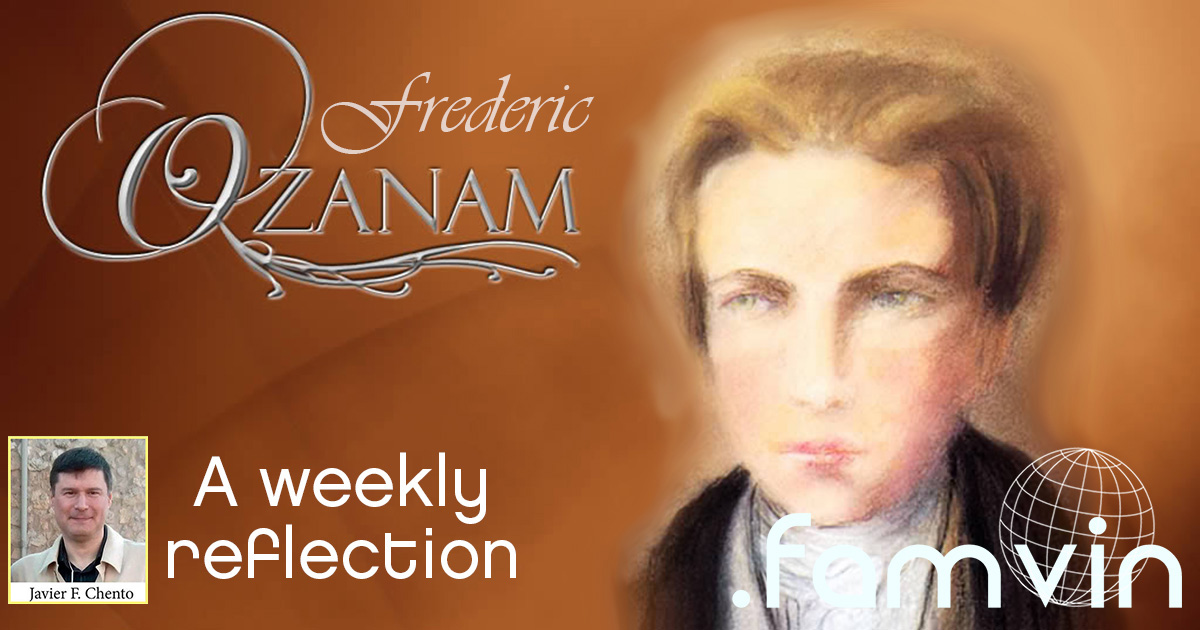God did not make the poor. […] It is human liberty that makes the poor. […] We have put crushing taxes on salt, meat, and all necessaries of life. […] When it was a question of crushing out the last embers of the insurrection, there was no need of delays and formalities to pitch twenty camps on the Boulevards of Paris, and up to the very doors of the Hotel de Ville [Paris City Hall]; and here we are, after four months, when in the twelfth arrondissement alone there are four thousand children without shelter, here we are still struggling amidst adjournments, motions and debates, fighting to overcome I know not what scruples of committees, boards, administrations, and the rest of it, who are terrified that the State will be ruined and overturned if the education of the young workers is confided to Sisters and Brothers, to teachers capable of teaching them something more than how to spell out the syllables of the newspaper, and to scrawl the work schedule of the barricades on the wall with a piece of coal.

Frederic Ozanam, in “The causes of misery,” article published in l’Ere Nouvelle in October 1848.
Reflection:
- The text begins with a resounding sentence: God did not make the poor. No nuances. Frederic is convinced that our God does not want people to suffer poverty, inequality and injustice.
- The second sentence is no less blunt: It is human liberty that makes the poor. We, mankind, are who, driven by our greed and lust for power and wealth, have crushed a good part of humanity under the yoke of hunger, poverty and death.
- Ozanam denounces the speed with which the powerful act at the slightest protest of the people and, on the other hand, the attention to those living in poverty is delayed in time under the weight of bureaucracy and scruples, to finally do nothing. It makes us tremble the data of 4,000 homeless children in the twelfth district of Paris, where, in the mid nineteenth century, some 80,000 people lived.
- Elsewhere in the same article, Ozanam also denounces the high taxes the most basic (“salt, meat, everything necessary to survive…”) consumer products, while other products, such as alcoholic beverages (“that generate more criminals than all the injustices of men combined”) were treated with much laxity on the part of the authorities.
- Frederic is greatly concerned about the rights of workers — in general, the needy and those who suffer injustice situations — and their living conditions. So, we understand his complaint so that those who hold power are threatened by a possible improvement of education and the conditions of the working class, in many cases people without the most basic education, barely able to read the newspaper.
Questions for dialogue:
- Are we as convinced as Ozanam that our God hates poverty, generated by the selfishness of men?
- Frederic acted against poverty (from the Society of Saint Vincent de Paul) and also denounced injustice, combining action with complaint. Do we know, Vincentians of the XXI century, how to denounce in public forums situations of injustice around us, besides working for a structural and systemic change?
- A few months after Ozanam wrote the previous article in l’Ere Nouvelle, a contemporary of Ozanam, Cardinal John Henry Newman, wrote: “Wealth is one idol of the day, is that to which the multitude of men pay an instinctive homage. They measure happiness by wealth; and by wealth they measure respectability. […] It is a homage resulting from a profound faith in wealth […] — that with wealth he may do all things. Wealth is one idol of the day, and notoriety is a second. […] Notoriety, or the making a noise in the world, has come to be considered a great good in itself, and a ground of veneration.” (John Henry Newman, Discourses to Mixed Congregations – Discourse 5, published in 1849). What thoughts provokes this text in us? In what sense is it related to the previous text of Ozanam? Is it still valid today?
- What can we do to not only improve the situation of the poor, but also denounce it to society and bring about a change of structures?
Javier F. Chento
![]() @javierchento
@javierchento
![]() JavierChento
JavierChento








0 Comments